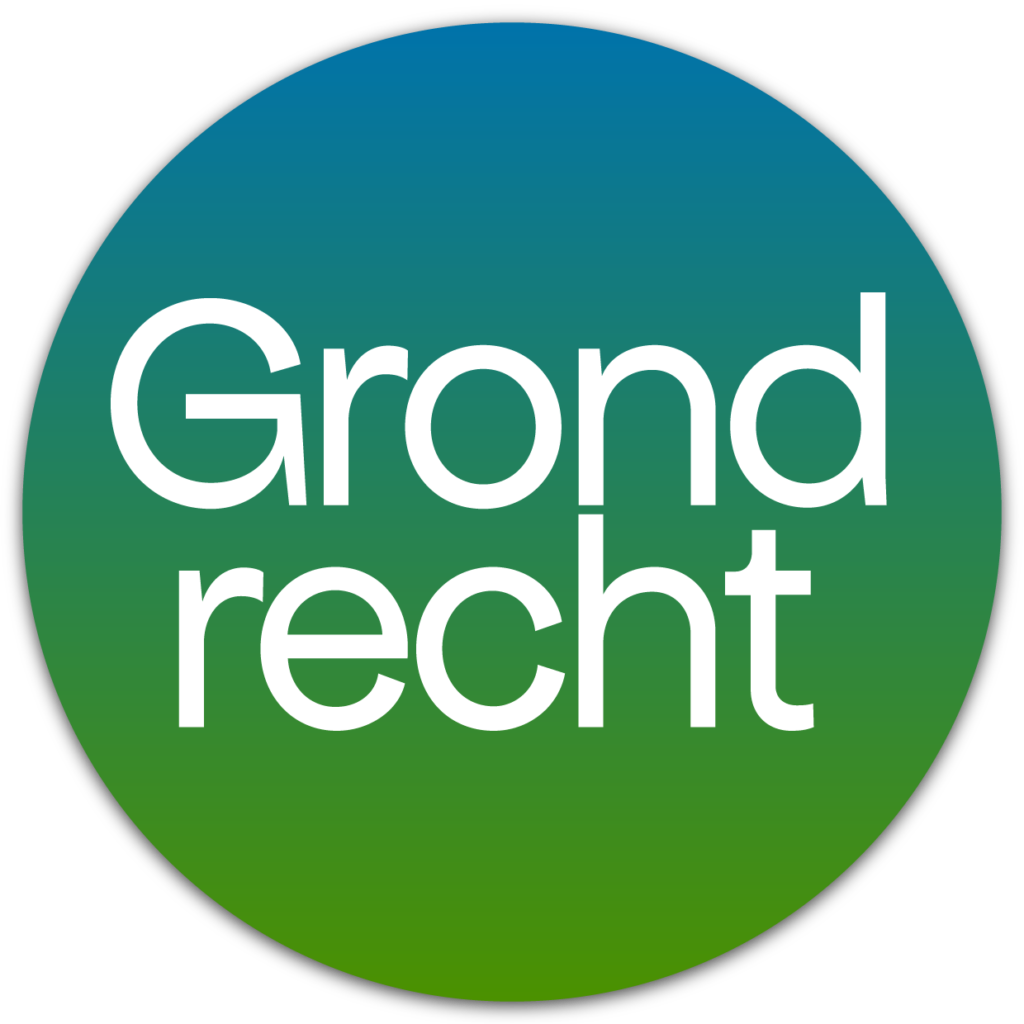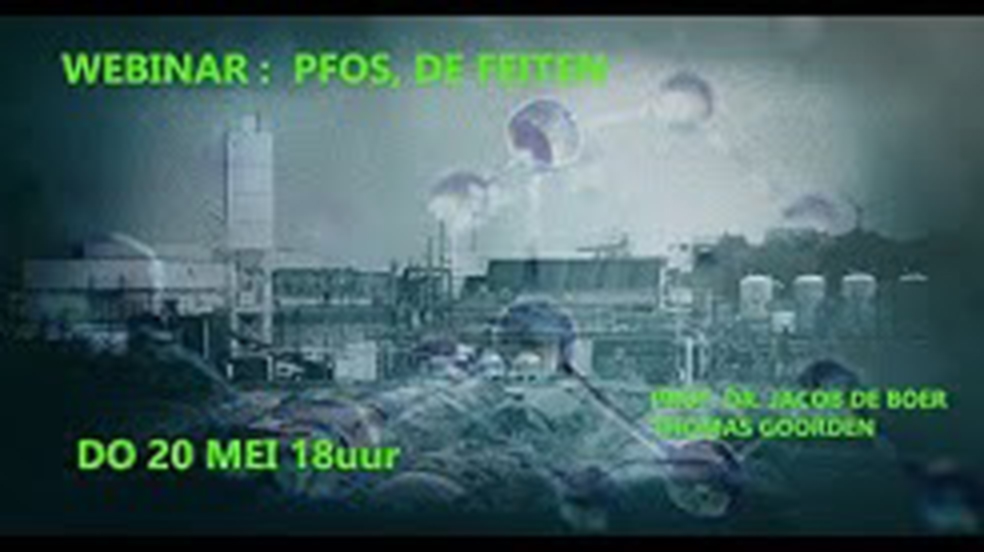19.09.2022 | Grondrecht
PFAS-coalitie verlaat onderhandelingstafel over PFAS en Oosterweel
“Wij trekken de stekker niet uit de onderhandelingen, de regering heeft nooit de stekker aangesloten. Wat het Vlaanderen ook mag kosten qua vervuiling, gezondheid of knieval voor 3M of Lantis: deze regering wil Oosterweel realiseren. Dat was het uitgangspunt van de onderhandelingen. Zo’n proces kunnen wij niet valideren”
In april legde een arrest van de Raad van State de werken met vervuilde PFAS-grond op de Oosterweelwerf opnieuw stil. Minister Demir kondigde aan samen met stakeholders naar een onderhandelde oplossing te willen gaan. De PFAS-coalitie [1], aan de basis van de Oosterweelarresten, ging dit gesprek met open blik aan. Nu stelt ze vast dat het kabinet Demir hen liever niet aan de tafel wil.
“Wij trekken de stekker niet uit de onderhandelingen, de regering heeft nooit de stekker aangesloten. Wat het Vlaanderen ook mag kosten qua vervuiling, gezondheid of knieval voor 3M of Lantis: deze regering wil Oosterweel realiseren. Dat was het uitgangspunt van de onderhandelingen. Zo’n proces kunnen wij niet valideren”, zegt Joeri Thijs van Greenpeace.
Oosterweel boven sanering
De coalitie stelde vast dat Oosterweel meer prioriteit geniet dan een brede sanering, en dat er ook amper ruimte is voor discussie over geloofwaardige bodemnormen.
“We vragen de overheid al maanden om een breed saneringsplan op tafel te leggen, waarmee ook de Oosterweelwerken veilig en gezond zouden kunnen worden verdergezet. Daar is nooit een antwoord op gekomen”, zegt Thomas Goorden. “Integendeel, het lijkt er sterk op dat een gesprek over geloofwaardige bodemnormen bij voorbaat onmogelijk was. Want Oosterweel moet er komen, no matter what.”
Ondermaatse aandacht voor gezondheidsonderzoek
De coalitie merkt ook op dat de Vlaamse overheid bijzonder weinig inspanningen doet om het beloofde grootschalige gezondheidsonderzoek tot een succesvol einde te brengen. “Er lijkt weinig interesse te zijn om grondig in kaart te brengen wat de gezondheidsgevolgen van deze milieuramp zijn,” stelt Toon Penen. “Dat is problematisch, want hiermee komt ook de aansprakelijkheid van 3M op dit vlak in het gedrang.”
Erg strikte vertrouwelijkheidsclausule en loze beloftes qua ondersteuning
Toch heeft de coalitie een grote bereidheid getoond om mee te zoeken naar onderhandelde oplossingen. Gezien de voorgeschiedenis in het PFAS-schandaal én de zware politieke druk op het Oosterweeldossier bleef de coalitie daarbij wel kritisch toezien op transparantie en wettigheid. Want het waren net achterkamerdeals met onder meer vervuiler 3M en bouwheer Lantis die tot de huidige impasse leidden.
Daarom was de erg strikte vertrouwelijkheidsclausule die het kabinet Demir oplegde om aan de onderhandelingstafel te zitten ook een belangrijk struikelblok.
“We begrijpen dat discretie tijdens zo’n gesprekken van belang zijn en waren bereid daar afspraken over te maken. Maar wat het kabinet oplegde kwam neer op het snoeren van kritische monden, ook na een eventueel onderhandeld akkoord en tegen alle beloftes voor meer transparantie in. Daar konden wij niet in meegaan. Wij willen uiteraard te allen tijde open kunnen communiceren met onze achterban, de vele verontwaardigde omwonenden”, zegt Toon Penen, inwoner van Zwijndrecht en lid van burgercollectief Grondrecht.
Een laatste struikelblok was een finale njet op de financiële steun aan activist Thomas Goorden en omwonenden bij Grondrecht. Een legitieme vraag die het voor hen haalbaar moest maken aan zo’n intens onderhandelingsproces deel te nemen.
“Als overheden in overleg met burgers en stakeholders naar onderhandelde oplossingen willen zoeken, moeten ze bereid zijn te zorgen dat burgers met leefbare middelen zo’n gesprek kunnen aangaan”, zegt burgeractivist Thomas Goorden. “Het is het absoluut onredelijk te verwachten dat vrijwilligers zonder professionele bijstand of ondersteuning een door de overheid veroorzaakt probleem van deze omvang mee oplossen.”
Sinds mei heeft minister Demir dergelijke financiering meermaals bevestigd als geheel legitiem. Telkens ging haar kabinet echter op de rem staan. “Dit soort tactieken zijn een bijzonder cynische manier om elke kwalitatieve tegenstem uit te putten”, vult Goorden aan.
Wat nu?
De PFAS-coalitie is altijd heel helder geweest over wat ze van betrokken overheden verwacht: oplossingen voor de PFAS-vervuiling in het Antwerpse die veilig, milieuvriendelijk, gezond en wettig zijn. De Raad van State is haar daarin ook al tweemaal gevolgd.
De coalitie zal nu haar rol als kritische waakhond verder opnemen, met juridische procedures die blijven lopen. Waar nodig zal ze de druk opvoeren voor een gezonde, milieuvriendelijke en wettige aanpak van een brede sanering en van de Oosterweelwerf. Ze zal ook blijven ijveren voor kwalitatief gezondheidsonderzoek bij getroffen burgers.
“Als de overheid de komende weken in overleg met andere stakeholders toch met geloofwaardige en wettige oplossingen komt, zullen wij die steunen, ook al wilde men ons niet mee aan tafel”, besluit Joeri Thijs voor de PFAS-coalitie. “Zonder onze juridische procedures en volharding het afgelopen jaar waren deze onderhandelingen er zelfs niet eens gekomen.”
Noten:
[1] De PFAS-coalitie bestaat uit vzw Grondrecht (burgercollectief met getroffen omwonenden uit Zwijndrecht, Beveren en Antwerpen Linkeroever), milieuactivist en PFAS-klokkenluider Thomas Goorden, en milieuorganisatie Greenpeace België.



